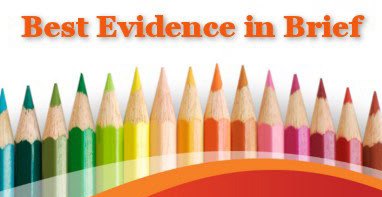Although an Associate’s degree has been shown to increase graduates’ earnings and job security, many community college students struggle to graduate. About 66% of community college students are mandated to take remedial classes, and 60% of the remedial courses required are for math. Remedial courses usually do not earn college credit, meaning students take longer to complete their education. A longer pathway increases the chances that students will not finish their degree, leading to lower earning potential for those who dropped out than for those who finished their degree.
A recent study described the results of a randomized controlled trial (RCT), testing the benefits of a new program assigning students at risk of math challenges to additional support at the same time that they were taking statistics in their first year of community college. Several programs experimenting with this kind of corequisite support have provided students with background knowledge and instruction while students are also taking credit-bearing college courses. The RCT included 907 community college freshmen who were diagnosed as needing math remediation in 2013. Participation increased the likelihood of students earning an associate’s degree within 3 years by 50% (p = .02), and a bachelor’s degree within 5 years by 100%. Students who participated in this new program were also earning about $3,000 to $4,500 more 5-7 years after the program than those who did not participate in the program.

